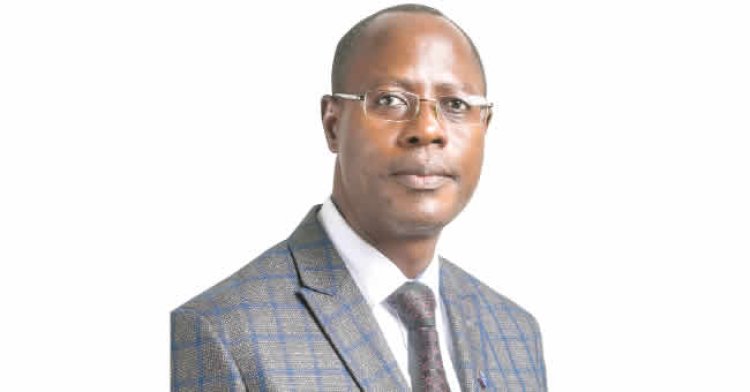NICA Calls for Access to Credit for Students and Informal Sector
Prof. Chris Onalo, the Chief Executive Officer of NICA, highlighted the potential benefits of a developed credit system, stating that it would reduce cash transactions and stimulate domestic production, thereby fostering economic growth.

The National Institute of Credit Administration (NICA) has advocated for a credit system that enables students and individuals in the informal sector to access credit for education and business development purposes.
In a statement issued on Sunday, NICA emphasized the importance of promoting a viable consumer credit system, which allows individuals to purchase goods and access services on credit, subsequently paying later.
READ ALSO:Bayero University Kano (BUK) to Graduate 180 First-Class Students at 38th Convocation
Prof. Chris Onalo, the Chief Executive Officer of NICA, highlighted the potential benefits of a developed credit system, stating that it would reduce cash transactions and stimulate domestic production, thereby fostering economic growth.
Stakeholders identified by NICA as potential beneficiaries of consumer credit services include students, low-income earners, artisans, small and medium-sized enterprises (SMEs), agricultural associations, cooperative societies, importers and exporters, market women, supervisory workers, middle-class managers, and their families.
Prof. Onalo emphasized that access to credit for these segments of the economy would enable them to pursue education, expand their businesses, and contribute significantly to economic development.
He further explained that initiatives such as student loans would enable Nigerians to finance their education and start repayment upon qualification and employment. Additionally, access to credit would facilitate the expansion of trade for exporters and importers, increase agricultural production, and support the growth of small-scale businesses.
Prof. Onalo stressed the importance of recognizing the contributions of individuals in the informal sector to the economy, noting that their resilience and economic impact outweigh those of larger businesses.





